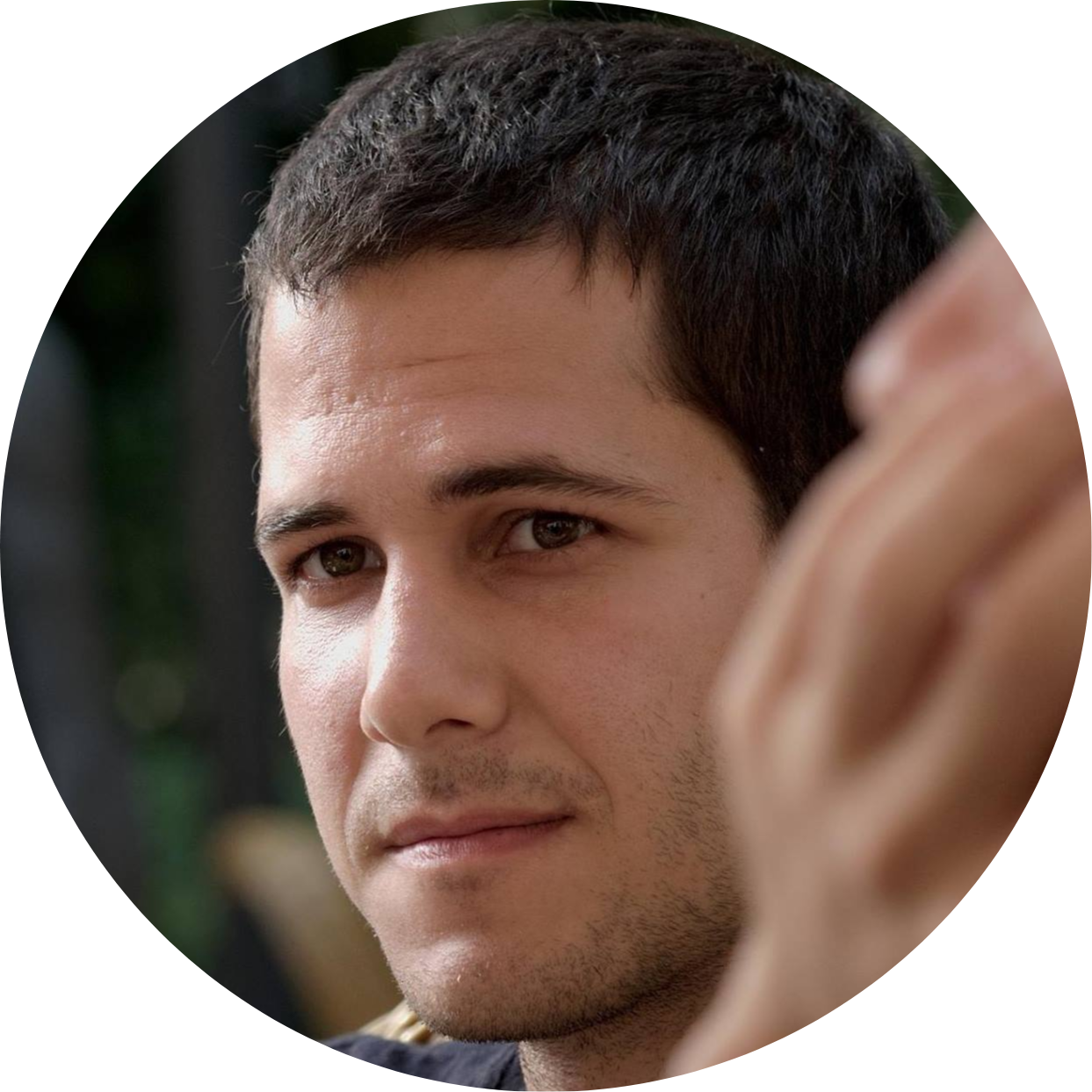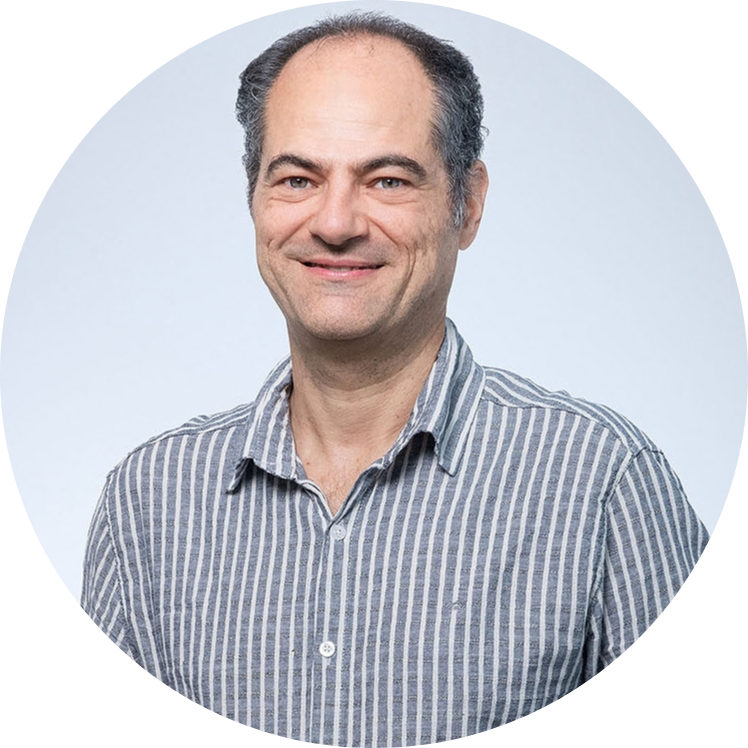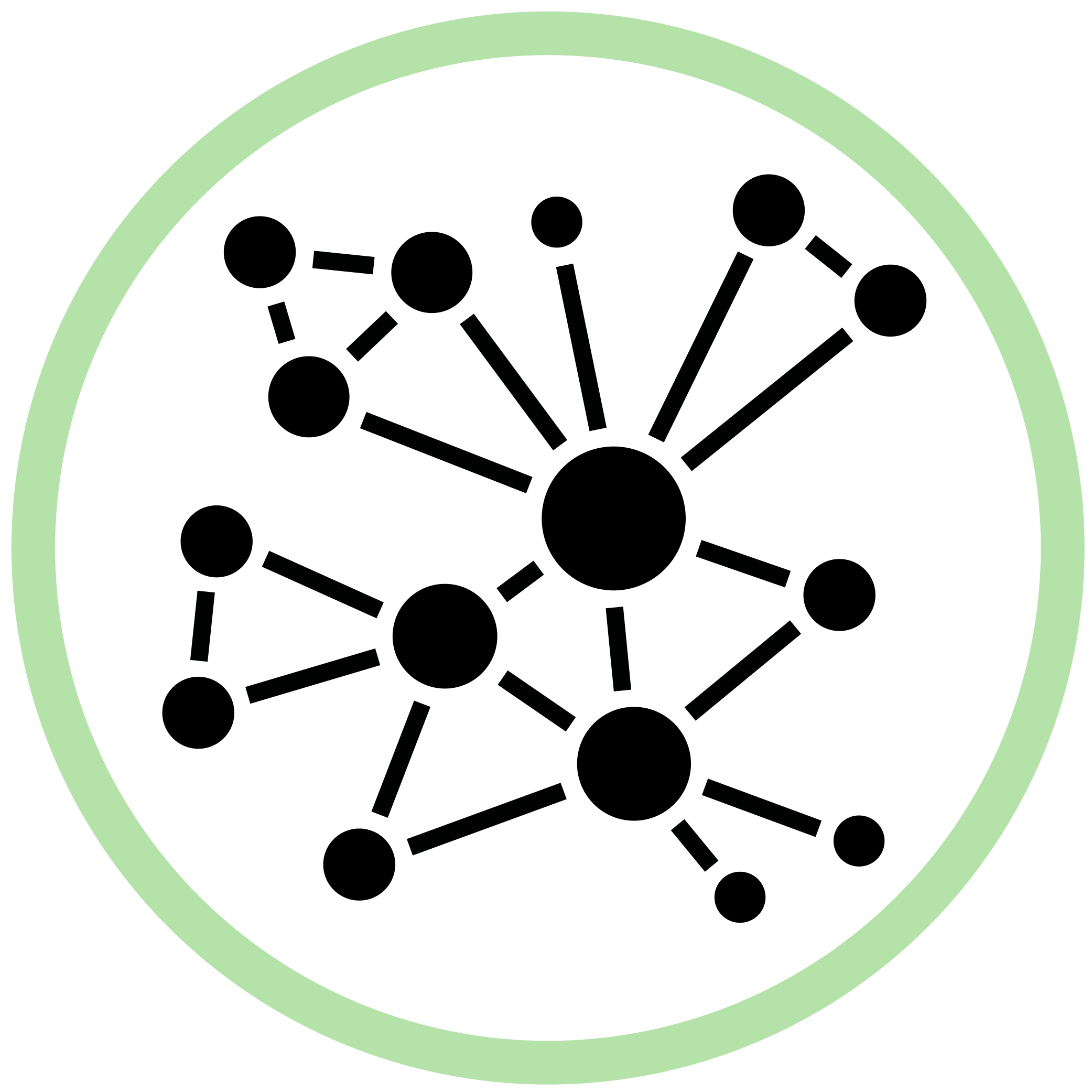Wednesday 21 May 2025 - Forum de Ciência e Cultura da Universidade Federal do Rio de Janeiro (UFRJ)
This tutorial day precedes the HNR2025 conference and takes place at the same venue (Forum de Ciência e Cultura da Universidade Federal do Rio de Janeiro (UFRJ), see practical info). Take a look at the full programme for these three days of historical network analysis.
Please note that the tutorials take place in person only!
Tutorial 1:
Introduction to Generative AI
Dr. Thiago Castro Ferreira is currently an Applied Scientist at aiXplain with extensive experience in Software Engineering, Natural Language Processing, and Machine Learning, both in academia and industry. He earned his Bachelor’s degree (2008-2012) and Master’s degree (2012-2014) in Information Systems from the University of São Paulo. He then pursued a PhD in Computational Linguistics at Tilburg University (2015-2018), focusing on Natural Language Generation. His thesis, titled “Advances in Natural Language Generation: Generating Varied Outputs from Semantic Inputs,” saw chapters published in top-tier Computational Linguistics venues, including NAACL, ACL, EACL, EMNLP, and INLG.
Following his PhD, Dr. Ferreira continued at Tilburg University as a postdoctoral researcher (2018-2019), working on Community Question-Answering systems in collaboration with Sanoma Media Netherlands BV. He then undertook a second postdoctoral position at the Federal University of Minas Gerais (2019-2021), investigating the application of large language models in health-related Question-Answering systems and chatbot applications for Brazilian Portuguese. Currently, Thiago is a Postdoctoral Researcher at Fluminense Federal University, where he researches the use of AI Agents in the financial domain.
In addition to his research, he led several outreach and extension projects. These included organizing workshops, developing robot-journalists to verbalize Brazilian open data, and creating a chatbot to screen patients for potential COVID-19 infection.
Tutorial 2:
From Snapshots to Mechanisms: An Introduction to Social Network Analysis for Historians
This introductory tutorial explores the fundamentals of Social Network Analysis (SNA) for historians, moving from static descriptions of social structures to the mechanisms that shape networks over time. We will cover key concepts such as triads, embeddedness, cohesion, and centrality, as well as more complex phenomena like structural holes, homophily, and multiplexity. Additionally, we will discuss the physics of networks, including small-world properties and assortativity, and introduce models of tie formation and network dynamics. By the end of the tutorial, participants will gain tools to analyze historical networks not just as fixed snapshots, but as evolving systems shaped by social and spatial forces.
Charles Kirschbaum holds a MBA at Wharton and a PhD in Business Administration from FGV. He is an Associate Professor at Insper. Earlier, he worked in consulting and private equity. He is the academic coordinator of the Innovation and Entrepreneurship Observatory at Insper and the coordinator of the Organizational Studies division of Semead. He is an affiliated researcher at the Núcleo Ciência Pela Infância (NCPI). His research interests include Creative Industries, Strategy, Entrepreneurship, and Social Network Analysis.
Registration (free of charge!)
To ensure that the tutorials run smoothly, registration is separate from the conference registration. Those who have already registered for the conference must therefore also complete the form below (available soon). It is of course possible to attend the tutorials without taking part in the conference itself afterwards.
Please note that as places are limited, your registration is final. Once the number of registrations exceeds the capacity of the in-person tutorial, you will be placed on a waiting list and informed a few weeks in advance if a place becomes available. It is therefore important to keep us informed if you cancel your registration.


